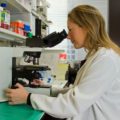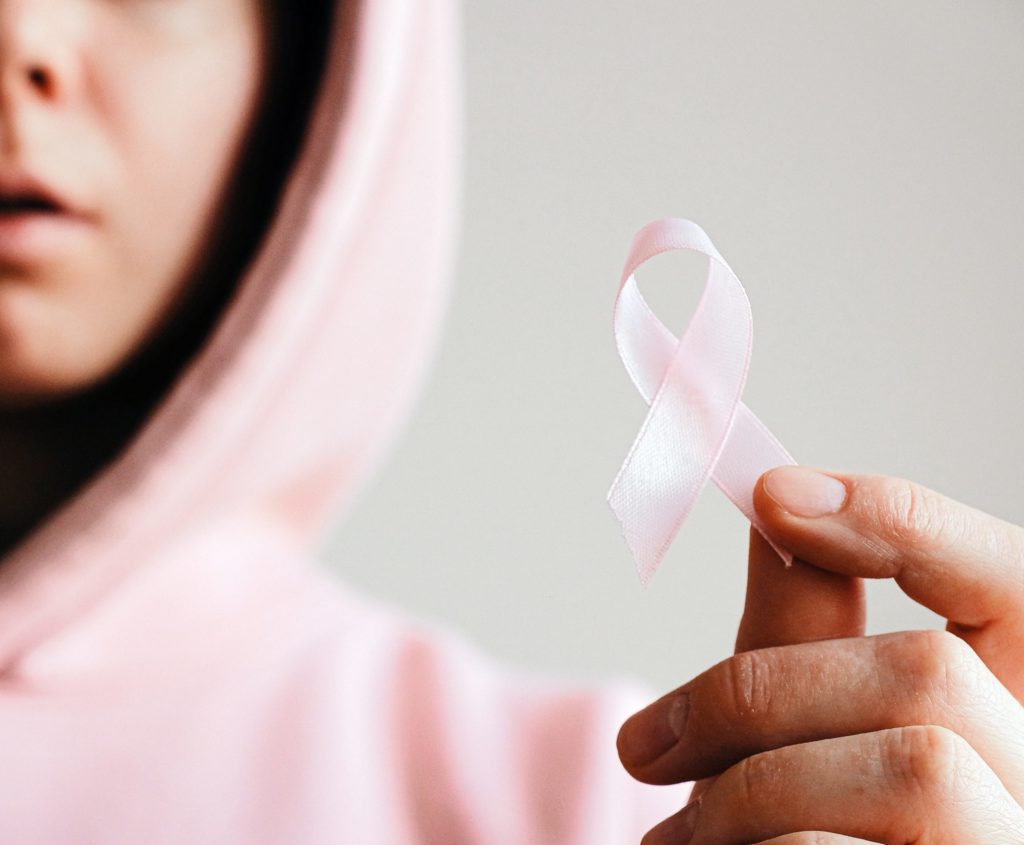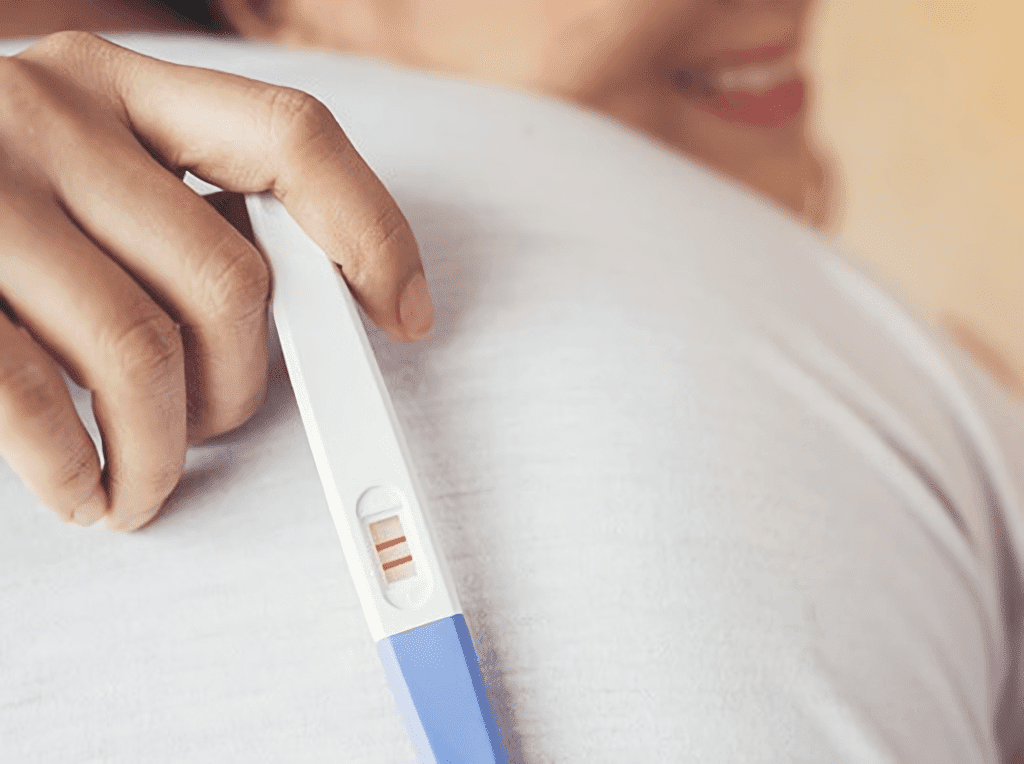
Malta has the lowest fertility rate in Europe with Eurostat reporting 1.14 live births per woman from Malta in 2019. Many women in Malta are delaying pregnancy, with 30.5 being the average age of women giving birth to their first baby. Delaying pregnancy for some women may mean increasing the risk of finding it more difficult to get pregnant and have a baby. It usually takes on average a year to get pregnant and couples should not panic if they don’t get pregnant right away. If on the other hand you have been trying for over a year (or 6 months if you are over 35 years of age) and have not got pregnant yet, or you may have suffered recurrent miscarriages or other reproductive health issues, it may be a good idea to consult with a fertility expert. The HOPE Fertility and IVF Centre can answer all your questions and support you.
Wham.com.mt recently met up with fertility and IVF specialists Dr Christine Schembri Deguara and Dr Aytug Kolankaya to discuss the latest advancements in IVF and fertility treatments that will shortly be available in Malta through the HOPE Fertility and IVF Centre. Dr Schembri Deguara is a registered Gynaecologist and obstetrician and the first accredited Maltese specialist in fertility and IVF. Until recently Dr Schembri Deguara was working in world renowned fertility clinics in Harley Street, London. She recently moved back to Malta to work at HOPE Fertility and IVF Centre. HOPE will offer a full range of cutting edge, state of the art, IVF related services.
I always love meeting successful women at the top of their profession and I feel really honoured to meet Dr Schembri Deguara and to hear about this latest clinic that promises to deliver cutting edge treatments that will help many couples to achieve their dream of having a baby – “because let’s face it, giving someone who has been struggling a baby, is the most beautiful and very satisfying thing” Dr Schembri Deguara passionately tells me.
We are joined by Dr Aytug, who has over 25 years of experience in the field of Gynaecology and reproductive Medicine and has performed more than 20,000 IVF procedures. He is the founder of 6 IVF Centres in Istanbul. He listens on while Dr Schembri and I discuss the importance of female empowerment and women in top positions in medicine and health fields. We discuss how in the past everything was male dominated, Dr Aytug nods and agrees, he’s very keen to point out how much things have changed and how technology has progressed since the first IVF baby which was back in 1978. He tells me about how there are so many solutions nowadays that are still not available yet in Malta, but will be shortly be available at HOPE clinic. I mention how although I was only a 9 year old girl at the time in 1978, I still clearly remember my parents discussing the religious and ethical issues around test tube babies. I ask Dr Schembri Deguara about these ethical and religious issues and whether some people might still find it difficult to accept some aspects of IVF due to their particular religious or cultural beliefs. Dr Schembri Deguara reassures me that at HOPE centre they will cater to individuals’ beliefs. Couples’ concerns will be discussed and treated like other medical issues, together with their team of professionals and tells me that they can work around most couples’ particular requirements and that at HOPE they can “tailor make” a fertility program, custom made to cater to one’s religious or cultural beliefs. Dr Schembri Deguara also explains how the clinic will be open to people from all religions, from all walks of life, of all races, of any sexual orientation and that they can help people who may be transitioning and same sex couples and single people too. Another very important aspect is privacy “We also understand the issue of privacy and that some people may not want to involve parents, or other family members and patient privacy and confidentiality is something we take very seriously at HOPE, all the people who work with us at the clinic will have to sign confidentiality agreements”.
I’m eager to learn more about egg freezing for women who for whatever reason may want to freeze their eggs to be able to delay pregnancy till later in life. I ask if it is a complicated procedure for a woman to freeze her eggs? Dr Schembri Deguara explains “it’s usually around an average of seven to 10 days of stimulation drugs, which is usually one or two self-administered injections per day, which are actually very tiny needles, like insulin needles, women get monitored every other day and we tailor the medication accordingly. After that, one has around five or ten minutes of what we call deep sedation, it’s a form of anaesthetic basically, where the woman is asleep and we collect the eggs through the vagina, and that is called an egg recovery procedure, and then the eggs are frozen.” Dr Aytug reminds me that “this is all done whilst you’re still going to work and continuing with your life as normal, nobody will ever need to know, this is the most advantageous thing of having the facilities in your home country, because if you have to go abroad you have to go abroad for around two weeks sometimes more” he says.
When is the best age for a woman to freeze her eggs? “the data shows that biologically the best time that we should be freezing our eggs is in our twenties, however many women will not be thinking about freezing their eggs at that age, because they’re concentrating on their careers or other priorities, so I would say that after 35 is when we start seeing the biggest decline in egg quality and quantity, therefore freezing eggs before you’re 35 is probably the ideal time, and usually we say that if you’re 35 and you want to freeze eggs you should be freezing on average around 20 eggs to have a good chance of having a baby out of them, because of course not all of the eggs are going to be able to give you a baby.” Dr Schembri Deguara explains that of course women over 35 can also successfully freeze their eggs and get pregnant but may need additional cycles of stimulation and egg collection. Dr Aytug confidently tells me that with the equipment and the storage facilities that will be available in Malta, through HOPE Fertility Centre, they will be able to achieve the same pregnancy rates from frozen eggs as they would from fresh eggs “in the past the recovery rate for frozen eggs when you thaw them it was low, but now we can recover 90% of the eggs in a very healthy situation and there is now no difference in the pregnancy success rate from using a frozen egg to using a fresh egg” “and there’s more good news even if you’re menopausal you decide you want to have a baby, and you had frozen your eggs when younger, you can still get pregnant, because at the end of the day it comes down to the age and quality of the eggs.” “In fact, the rate of success is related to the age at which you freeze the egg, so if you freeze your eggs in your early thirties and then you decide to have a baby in your early forties, the success rate is going to be as if you were trying to get pregnant in your early thirties,” confirms Dr. Schembri Deguara.
Dr Schembri Deguara also makes it a point to tell me that they encourage couples to always go for consultations together, “because although we mention mostly women when referring to infertility, there is a whole branch of medicine specialising in male infertility and we can deal with that too.” They mention and explain about sperm quality, sperm donation and a procedure called ICSI, another system they call sperm chip, a system used to select the best quality sperm. Also explaining how abroad it is also very popular for men to freeze their sperm before undergoing a vasectomy because sperm freezing removes the need to undergo vasectomy reversal surgery or surgical sperm retrieval should a man decide to want to have children later in life.
I mention that friends and colleagues have had IVF and that it can be quite a traumatic experience. I remember how a couple of my friends had even ended up in hospital due to ovarian hyperstimulation syndrome and I asked them about this, and whether it’s common? They again take their time to explain and reassure me that while Ovarian hyperstimulation syndrome (OHSS) is a medical condition that can occur in some women who take fertility medication to stimulate egg growth, most cases are mild, but sometimes the condition may be life threatening and require hospitalisation. However, Dr Aytug proudly explains that while OHSS may occur on average in 1% of cases, in the last 10 years, with the developing medications and protocols, none of the women he has treated have ever experienced severe complications of this type.
I’ve never had fertility treatments myself, and I’m past the age, but I feel very comfortable asking questions to both doctors, they are very friendly and approachable. I really appreciate how Dr Schembri Deguara explains everything to me in a very calm and easy to understand manner. I find that if I had ever been in this situation, having someone explain everything to me so well would have been a very important aspect of choosing one clinic over another, accompanied by the fact that I would not need to travel. Being able to have all the treatments done locally would have been a very important aspect. Being able to go to the comfort of my home after a consultation or procedure, and the fact that I would be able to communicate with someone in my own language would make all the difference. I always really appreciate when doctors or other professionals take the time, without rushing, to explain to me in simple terms what to expect when undergoing certain treatments.
I also like the fact that they are offering free initial consultations and I’m curious about this because I have a couple of friends struggling to get pregnant, others struggling with recurrent miscarriages, however they are already being seen by other gynaecologist and fertility experts both locally and abroad, some privately and others through the national health service? Would they too benefit from possibly coming for a free consultation, do they need a referral from their GP or their gynae? “yes of course they will benefit, they can just book an appointment, by calling us or booking online no referrals are needed, they come to us, tell us what they have experienced so far, and we can take it from there. It all falls under our fertility branches, even issues like premature menopause or women suffering from very low egg counts, and we believe in being honest we will tell them what their realistic chances are, we give all the information to the patients, we make sure they understand what’s involved so that the patients know what they’re facing, and then they can make their own decisions.”
Would you also be ready to liaise with couples trusted GP or gynae if necessary? “yes of course, we always do that if the patient requests it, as I said our aim is to inform, help and help in any way we can, we would be more than happy to discuss with any of their trusted people because they may have had relationships with these people for ages,” Dr Schembri Deguara reassures me. Dr Aytug points out; “they may come to us, get pregnant and then go back to their usual gynae to have the baby. I always say our calling is to really make people understand what their problem is, once we do that then I feel satisfied, because I have done most of my work, the rest is technical and operational, but first couples need to know what the problem is, for example many couples don’t know how long they should wait, they don’t know when they should go to see a specialist, is it 6 months, 1 year, two years? They should be aware that there is a team here in Malta at HOPE who is ready to help, anything, they can come to us, we can speak to them, we can guide them” he says. “Even if it’s just for advice of how to get pregnant naturally we can help them with that sort of thing too” adds Dr Schembri Deguara.
It can be devastating for couples who really want a baby to have to go through various cycles and procedures without success, both physically and psychologically, not to mention the financial burden. Some couples give up along the way or run out of money. However, at HOPE clinic, so confident are these doctors of their experienced team, aided by the latest equipment that HOPE clinic is offering a full money back guarantee option on certain packages if a pregnancy is not achieved after a certain number of cycles. “What I want to really get through to our readers is that I believe that people living in Malta should have access to any treatment and the best possible treatment they can, if they had to see us here or if they had to see me at the Harley Street clinic, it is the same treatment they will be getting. We are aiming to give the best service, irrespective of the fact that this is little Malta, this is little Malta but will are going to have a massive technological centre in it.”
We chat for hours, and I learn more about human reproductive biology in these couple of hours than I did from all my years at school. They tell me that there are also specially trained fertility accredited counsellors to help couples through this taxing but also exciting time. These passionate, extremely competent, successful and helpful doctors have really made me excited about the future for Maltese couples trying to conceive and I can see that they will be in good, kind, caring hands whilst also being able to take advantage of the latest technological advances in the field of IVF locally. All this without the stress of having to travel to a foreign country and as Dr Schembri Deguara reminds me “stress is the worst thing for anyone suffering from issues with infertility.” You can contact Dr Schembri Deguara for your free consultation find out more about HOPE here.
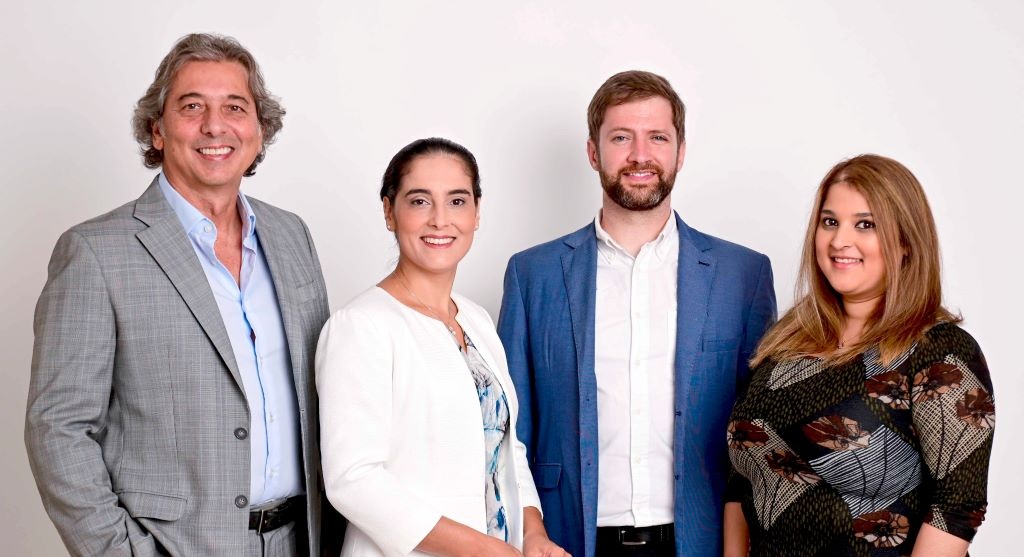
For more information about HOPE Fertility Malta kindly visit https://hope-ivf.com
Do you have an experience you’d like to share with us at wham, either in your name or anonymously? Contact us or send us an email at [email protected]
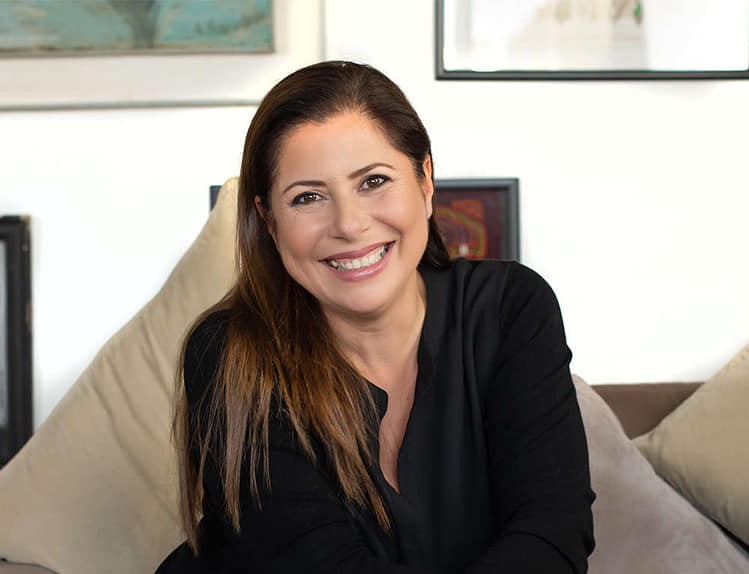
Francesca Fenech Conti is passionate about social issues and has a BA in Social Policy. She is the Founder and creator of the women only facebook group Women for Women (Malta) and the Women for Women Foundation that works hand in hand with other NGOs and businesses to empower and support women, especially single mothers.
Francesca recently also launched Wham.com.mt to provide a much needed space on the local media scene to promote women’s voices and to provide women with a source of information regarding their general wellbeing.
Click here to check out Francesca’s full bio as well as a list of all her Wham published articles


